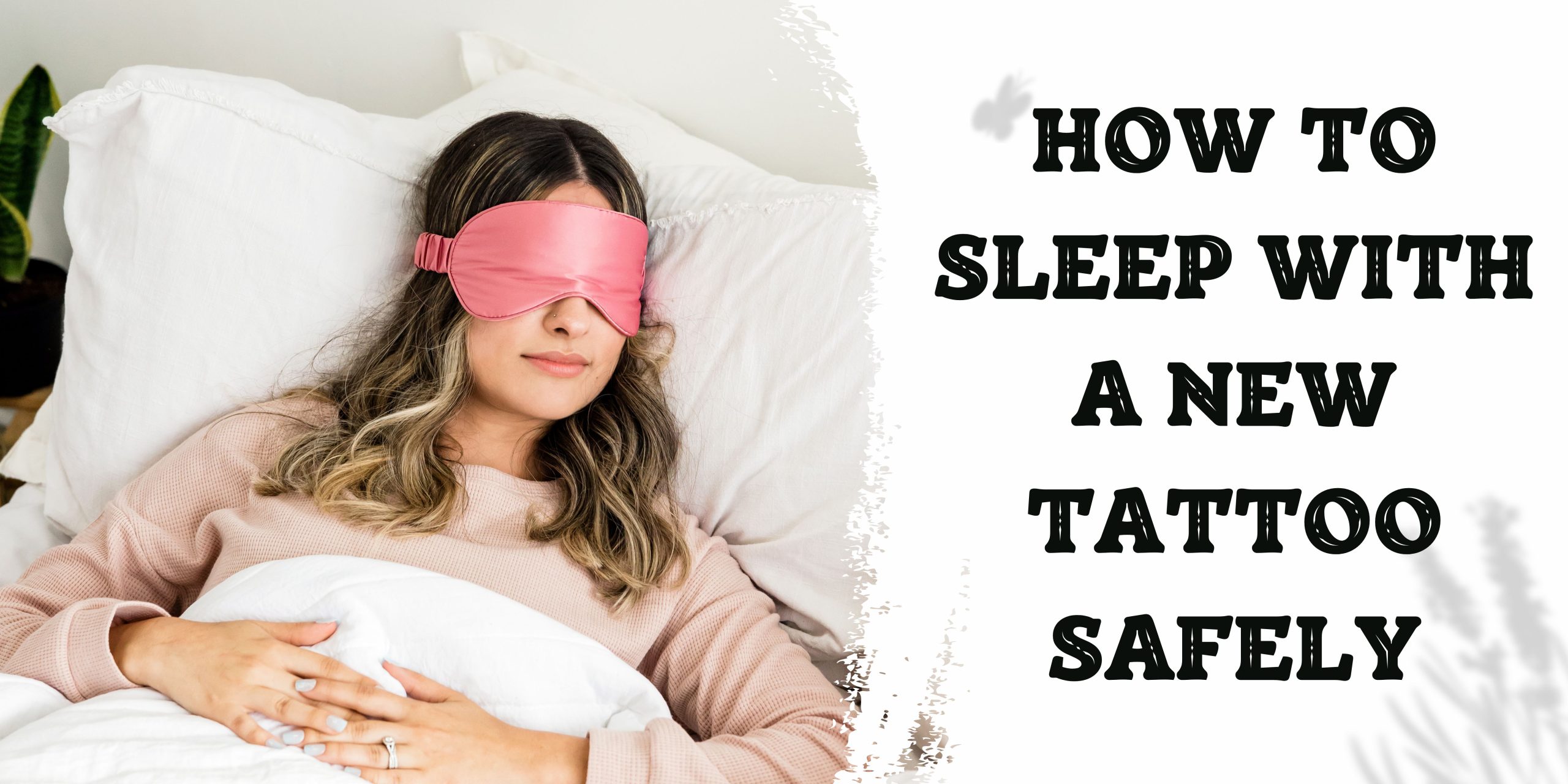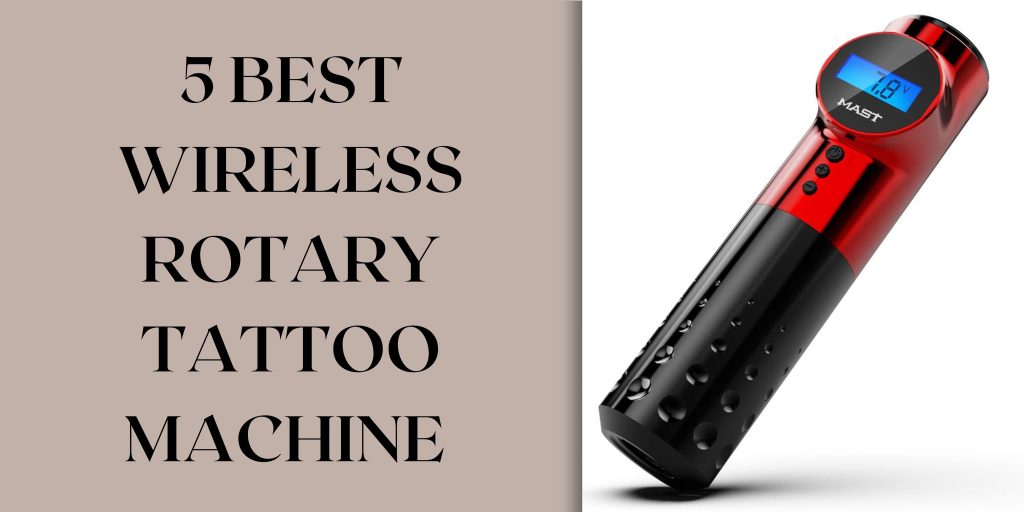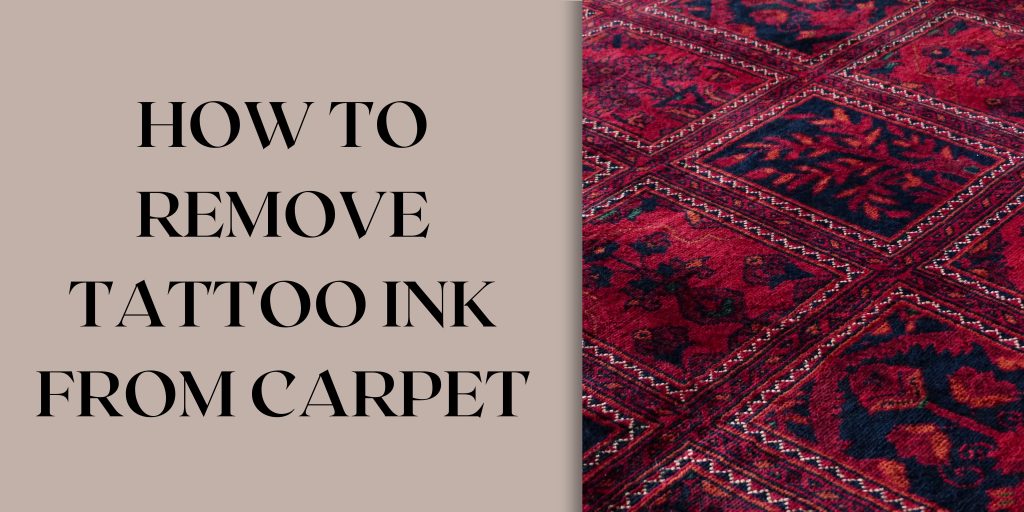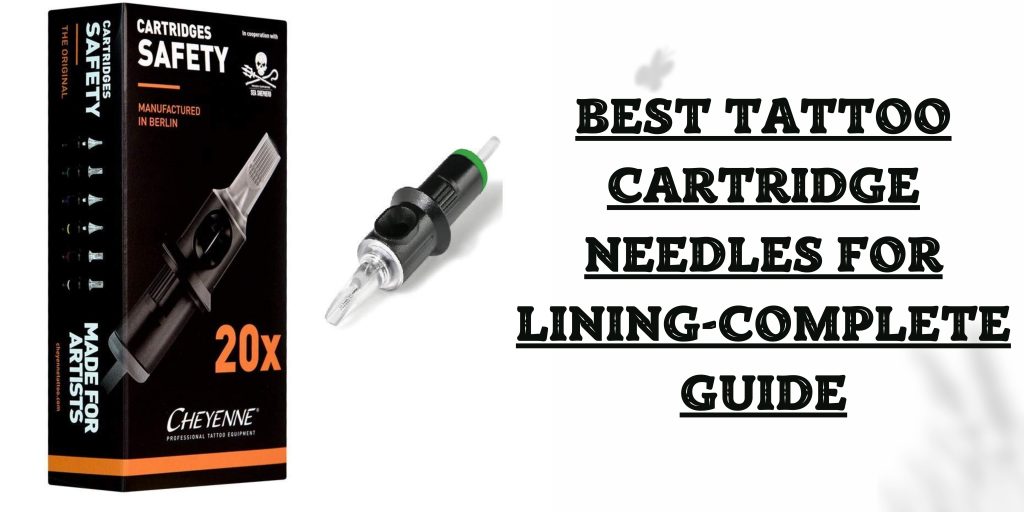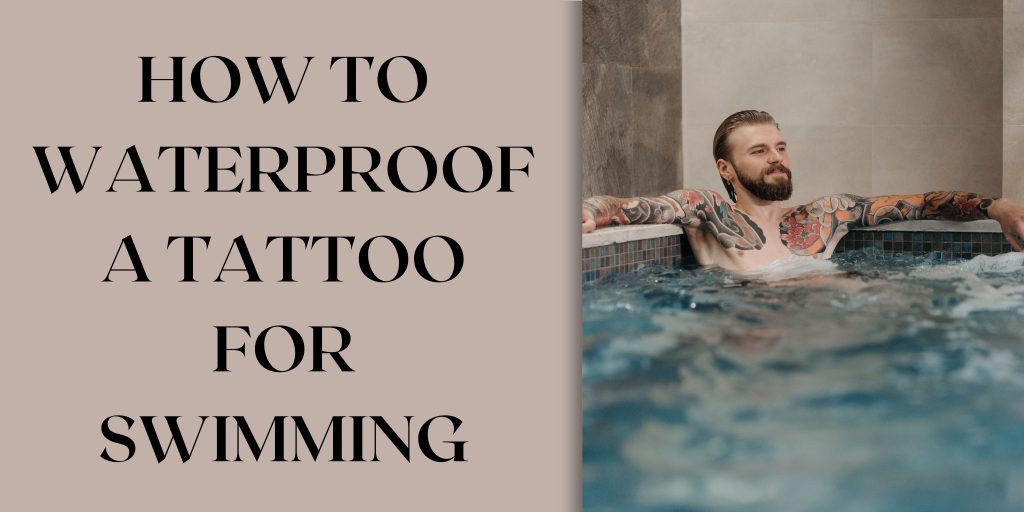Getting a new tattoo is exciting, but taking care of it can be a bit of a challenge. One of the most important things to keep in mind after getting a new tattoo is how to sleep with it safely. Here are some tips to ensure that you get a good night’s rest without damaging your new ink. we give you a complete guide on how to sleep with a new tattoo safely
Some Tips How To Sleep With A New Tattoo Safely
Wait for the Right Time to Sleep
After getting a new tattoo, it’s important to wait at least two to three hours before you sleep. During this time, your tattoo will still be an open wound, and you need to allow the tattoo to breathe and heal before you cover it up.

Keep the Tattoo Clean
Before you go to bed, make sure that your tattoo is clean. Gently wash the area with warm water and mild soap. Avoid using harsh soaps or scrubbing too hard, as this can cause irritation and damage to the tattoo.
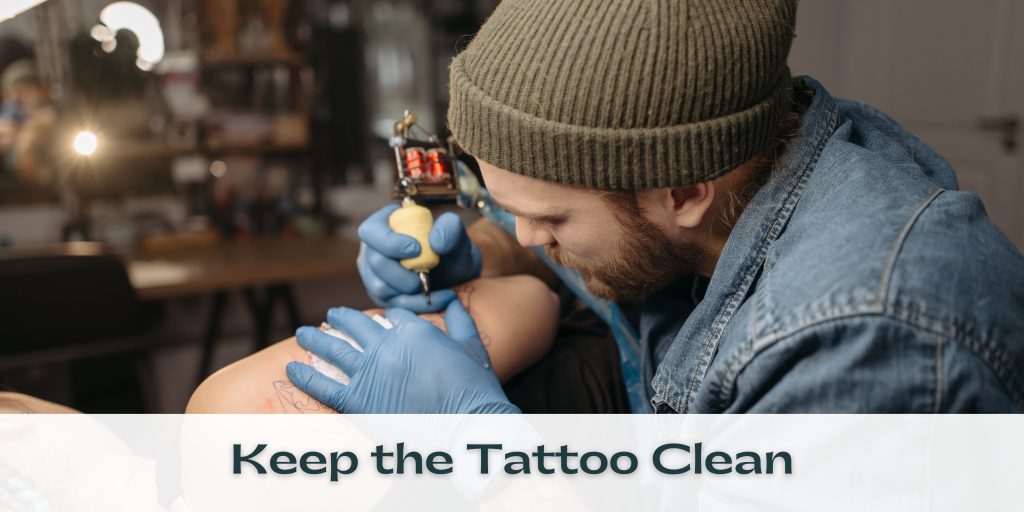
Choose the Right Bedding
The type of bedding you use can also impact the healing process of your new tattoo. It’s important to choose bedding that is clean, soft, and won’t irritate your tattoo. Avoid using any bedding that is rough or made from materials that could irritate your skin, like wool or synthetic fabrics.
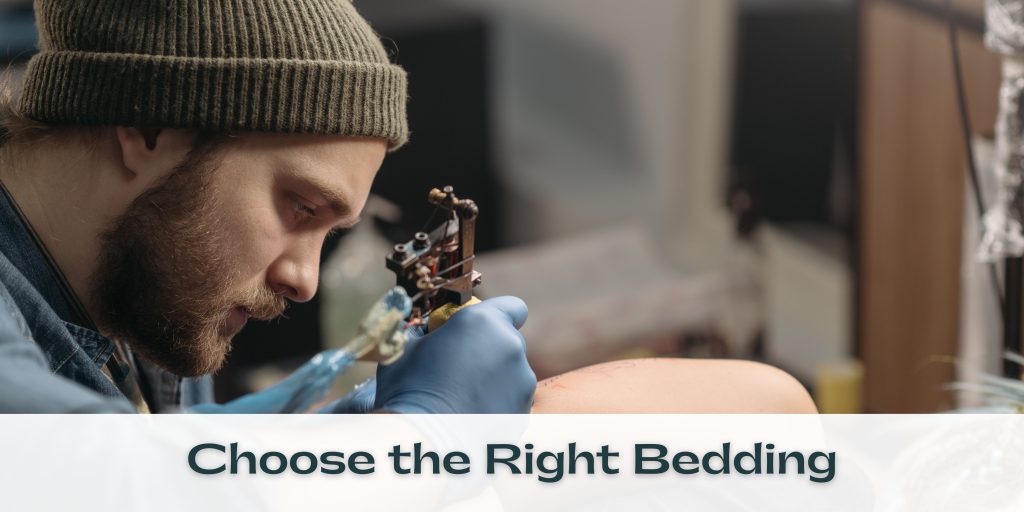
Avoid Sleeping on the Tattoo
One of the most important things to remember when sleeping with a new tattoo is to avoid sleeping directly on the tattooed area. Sleeping on your back is the best position to avoid putting pressure on the tattoo. If you must sleep on your side, make sure to prop yourself up with pillows to avoid putting pressure on the tattoo.
Cover the Tattoo
Covering your tattoo while you sleep can help protect it from irritation and damage. Use a clean, breathable bandage or wrap to cover the tattooed area. Avoid using any adhesive bandages or wraps, as these can cause irritation and damage to the tattoo.
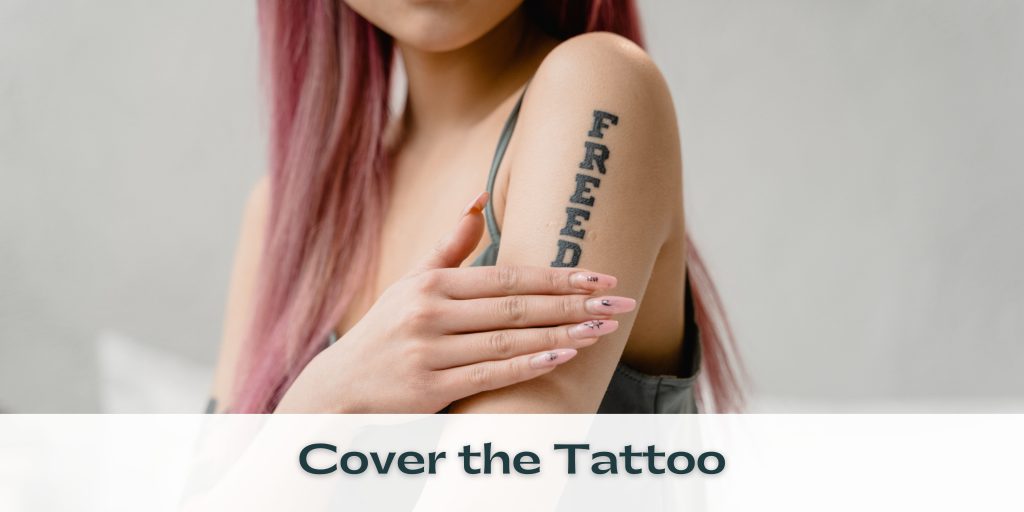
Avoid Itching or Scratching
As your tattoo begins to heal, it may start to itch or feel uncomfortable. It’s important to resist the urge to scratch or itch the area, as this can cause damage to the tattoo and slow down the healing process. If you need relief, gently pat the area with a clean, damp cloth.
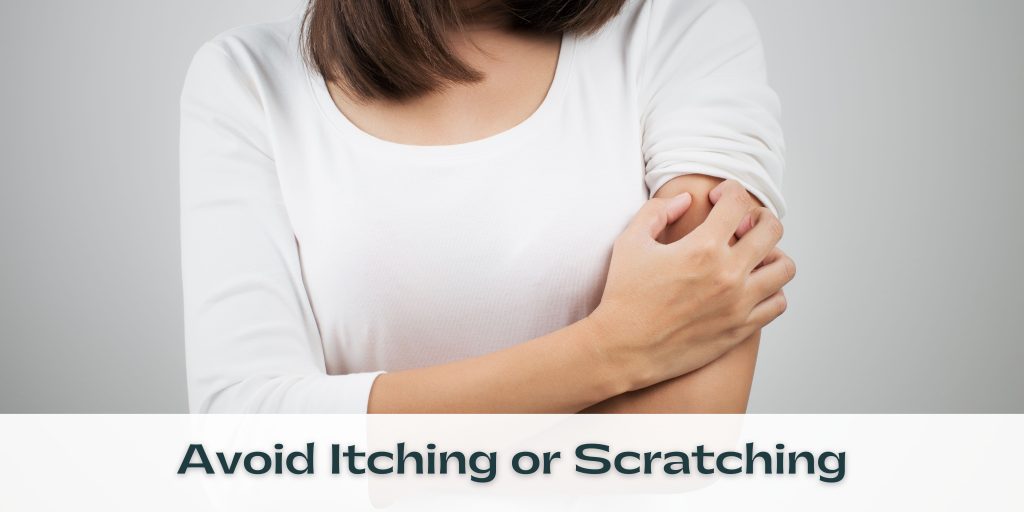
Ways to Keep New Tattoos Safe
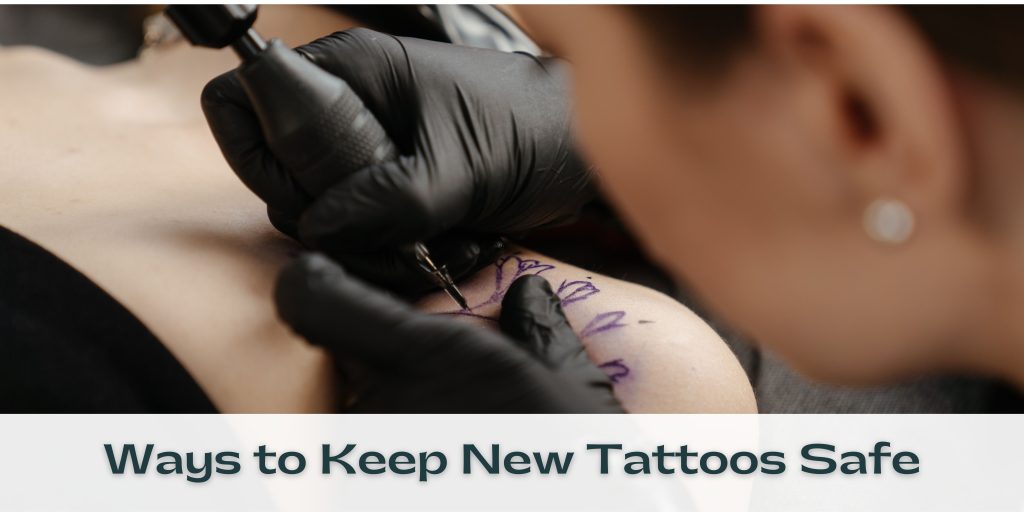
Follow Aftercare Instructions
Aftercare instructions provided by your tattoo artist should be followed closely to ensure that your tattoo heals properly. This may include washing the tattoo several times a day, keeping it moisturized, and avoiding exposure to direct sunlight.
Avoid Swimming and Hot Tubs
Avoid exposing your new tattoo to water for the first few weeks after getting it. This includes swimming pools, hot tubs, and other bodies of water. Soaking the tattoo can lead to infection or damage to the ink.
Protect the Tattoo from Sunlight
Direct sunlight can cause damage to your tattoo and slow down the healing process. Protect your new tattoo by avoiding prolonged exposure to sunlight, wearing protective clothing, and using broad-spectrum sunscreen with at least SPF 30.
Avoid Tight Clothing
Wearing tight clothing over your tattoo can cause irritation and damage to the ink. Opt for loose-fitting clothing to avoid rubbing against the tattooed area.
Keep the Tattoo Clean and Moisturized
It’s important to keep your tattoo clean and moisturized to promote healing and prevent infection. Gently wash the tattooed area with mild soap and warm water, and then pat it dry with a clean towel. Apply a thin layer of fragrance-free moisturizer or ointment to keep the skin hydrated.
Avoid Picking or Scratching the Tattoo
Picking or scratching your tattoo can cause damage to the ink and increase the risk of infection. It’s important to resist the urge to scratch or pick at the tattoo, and if it begins to itch, gently pat it with a clean cloth.
Should I wrap my Tattoo when I sleep?

Whether or not you should wrap your tattoo when you sleep depends on the advice of your tattoo artist and the stage of healing your tattoo is in.
In the first few days after getting your tattoo, your tattoo artist may recommend wrapping it with a sterile bandage or plastic wrap to protect it from bacteria and other irritants while you sleep. This will also prevent the tattoo from sticking to your clothing or bedding.
After a few days, your tattoo will begin to scab and peel as it heals. At this point, it’s generally not necessary to wrap your tattoo while you sleep. In fact, wrapping your tattoo at this stage can actually slow down the healing process and increase the risk of infection.
What Do You Do The First 24 Hours After A Tattoo?
The first 24 hours after getting a new tattoo are crucial to ensure proper healing and to avoid infection. Here are some steps you should take during this time:
Leave the Bandage On
Your tattoo artist will have applied a sterile bandage or wrap over your new tattoo. It’s important to leave this on for at least two to four hours after getting the tattoo, or as instructed by your tattoo artist. This will protect the tattoo from bacteria and other irritants, and allow the ink to settle into the skin.
Clean the Tattoo
After removing the bandage, gently clean the tattooed area with mild soap and lukewarm water. Use your fingers to gently wash away any blood, plasma, or excess ink. Avoid using a washcloth or sponge, as these can be too abrasive and damage the tattoo.
Apply Ointment
Once the tattoo is clean and dry, apply a thin layer of fragrance-free tattoo ointment or moisturizer to keep the skin hydrated and promote healing. Use a clean fingertip to apply the ointment, and make sure to only apply a thin layer.
Avoid Touching the Tattoo
During the first 24 hours after getting a tattoo, it’s important to avoid touching the tattooed area with your hands or fingers. This can introduce bacteria and other germs into the wound, and increase the risk of infection.
Avoid Excessive Water Exposure
It’s important to avoid excessive water exposure during the first 24 hours after getting a tattoo. This includes swimming, soaking in a bathtub, or using a hot tub. Excessive water exposure can damage the ink and increase the risk of infection.
Avoid Tight Clothing
Wearing tight clothing over the tattooed area can cause irritation and damage to the ink. Opt for loose-fitting clothing to avoid rubbing against the tattooed area.
What Is The Most Painful Place To Get A Tattoo?
The level of pain experienced during a tattoo can vary depending on a number of factors, including the individual’s pain tolerance, the size and complexity of the tattoo, and the location of the tattoo on the body. That being said, some areas of the body are generally considered to be more painful to tattoo than others.
One of the most painful areas to get a tattoo is the rib cage. This area has very little fat or muscle, and the skin is close to the bone, which can make the tattooing process quite uncomfortable. Additionally, the rib cage is a very sensitive area, which can also contribute to the pain.
Other areas that are commonly considered to be painful include the head, face, hands, feet, and genitals. These areas are often bony, have thin skin, or are highly sensitive, which can make the tattooing process more painful.
Conclusion
sleeping with a new tattoo requires some extra care and attention to ensure that it heals properly. By following these tips, you can ensure that your tattoo stays safe and healthy while you get a good night’s rest. Remember, taking care of your new tattoo is a crucial part of ensuring that it looks great for years to come. I hope you understand how to sleep with a new tattoo safely

